‘Invasion Day’ protests across major cities call for Australia Day to be renamed
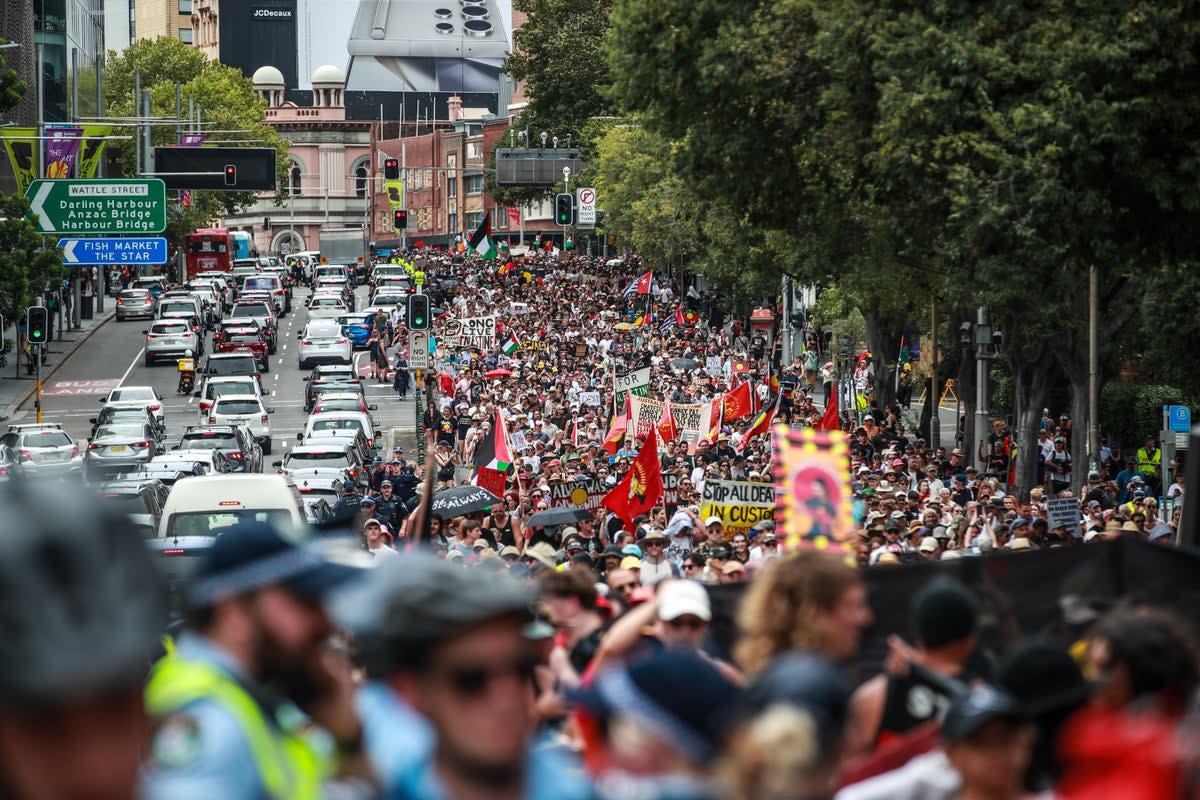
Thousands of Australians took to the streets on Australia Day, the anniversary of the arrival of British colonisers in the country, demanding the holiday be recognised as a day of mourning.
Campaigners are calling for 26 January to be renamed Invasion Day and for the country’s national day to be moved to another date. Protests were held across all major Australian cities in Friday, with demonstrators briefly disrupting the buildup to Australia’s Test match against the West Indies at the Gabba in Brisbane.
In Melbourne thousands of protesters demonstrated in front of the Victoria state parliament, while a crowd marched along major roads in Sydney.
At Bondi Beach the protesters placed gum leaves into a fire on the sand for the smoking ceremony, an ancient custom among Indigenous tribes.
On Thursday, two monuments symbolising Australia‘s colonial past were damaged in Melbourne, while a statue of British naval officer James Cook, who in 1770 charted Sydney’s coast, was sawn off at the ankles, and a Queen Victoria monument was doused in red paint.
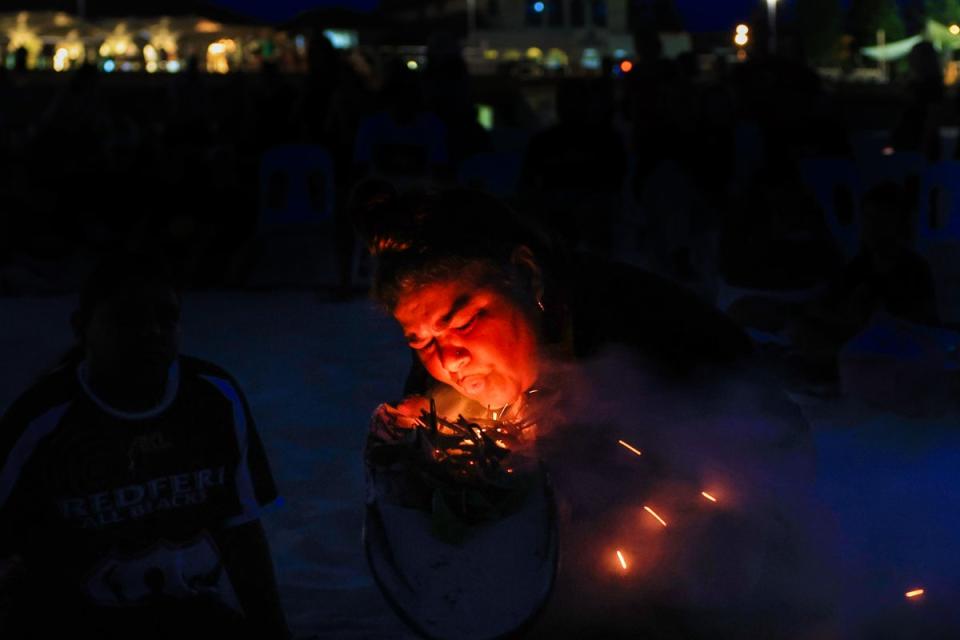
Roads and tram lines were also shut down for more than four hours.
The protests in Brisbane led to a brief security lockdown at the Gabba as demonstrations were held outside and at least two protesters were able to enter the venue, according to local media reports. Broadcasters were asked to leave the playing surface and entries to the stadium were suspended, though the match ended up starting on time.
The Australian Football League Players Association, several clubs and hockey teams have also called for the date to change.
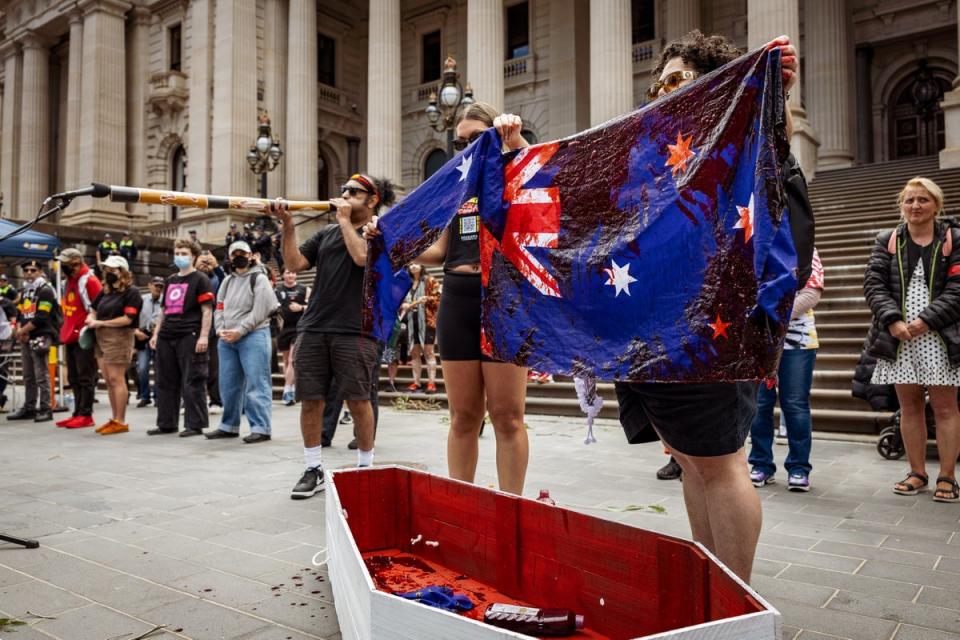
There has been a growing demand in Australia in recent years to recognise the deaths and destruction of its Aboriginal people and their cultures since the beginning of British colonisation.
The day, 26 January, marks the arrival of 11 British ships carrying convicts at Port Jackson in present-day Sydney in 1788 and has become increasingly contentious.
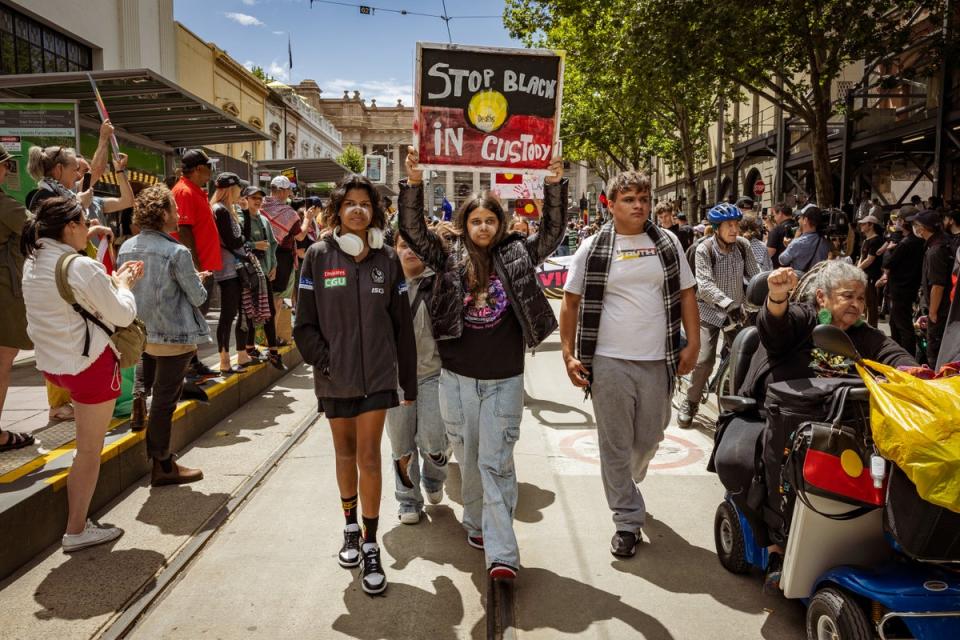
In a video message on Australia Day, prime minister Anthony Albanese said that the national day was an opportunity for Australians to “pause and reflect on everything that we have achieved as a nation”.
He said: “Australia’s diversity strengthens our unity.
“This begins with the unique privilege we have of being home to the oldest continuous culture on Earth, Aboriginal and Torres Strait Islander people have loved and cared for this country for over 65,000 years.”
Happy Australia Day. pic.twitter.com/Z9ZqAv08n2
— Anthony Albanese (@AlboMP) January 25, 2024
While the holiday has been widely celebrated for decades, for Indigenous people and activists the day marks the beginning of a dark period of discrimination and expulsion of native people from their land.
The word “aboriginal” refers to the Indigenous inhabitants of the continent – people who lived on the Australian mainland and surrounding islands for tens of thousands of years before the first Europeans arrived in the early 17th century.
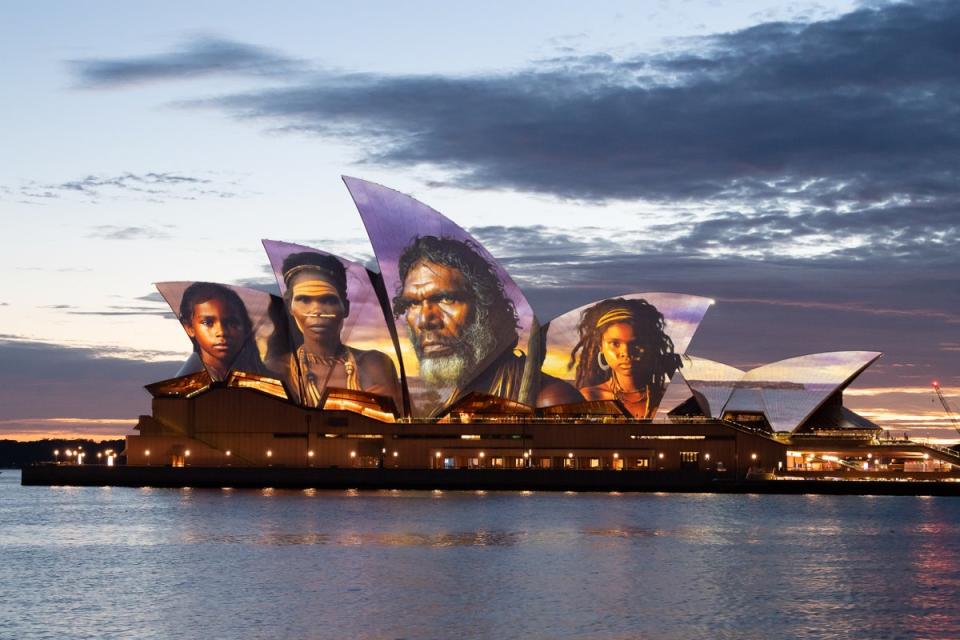
Aboriginal and Torres Strait Islander people represent just 3.8 per cent of Australia‘s present-day population of 26 million, according to a Bureau of Statistics census in 2021.
They remain Australia’s most disadvantaged ethnic minority.
However, despite growing momentum to protect their rights, a recent referendum to increase the participation of Indigenous people in policy-making was resoundingly rejected in a public vote.


